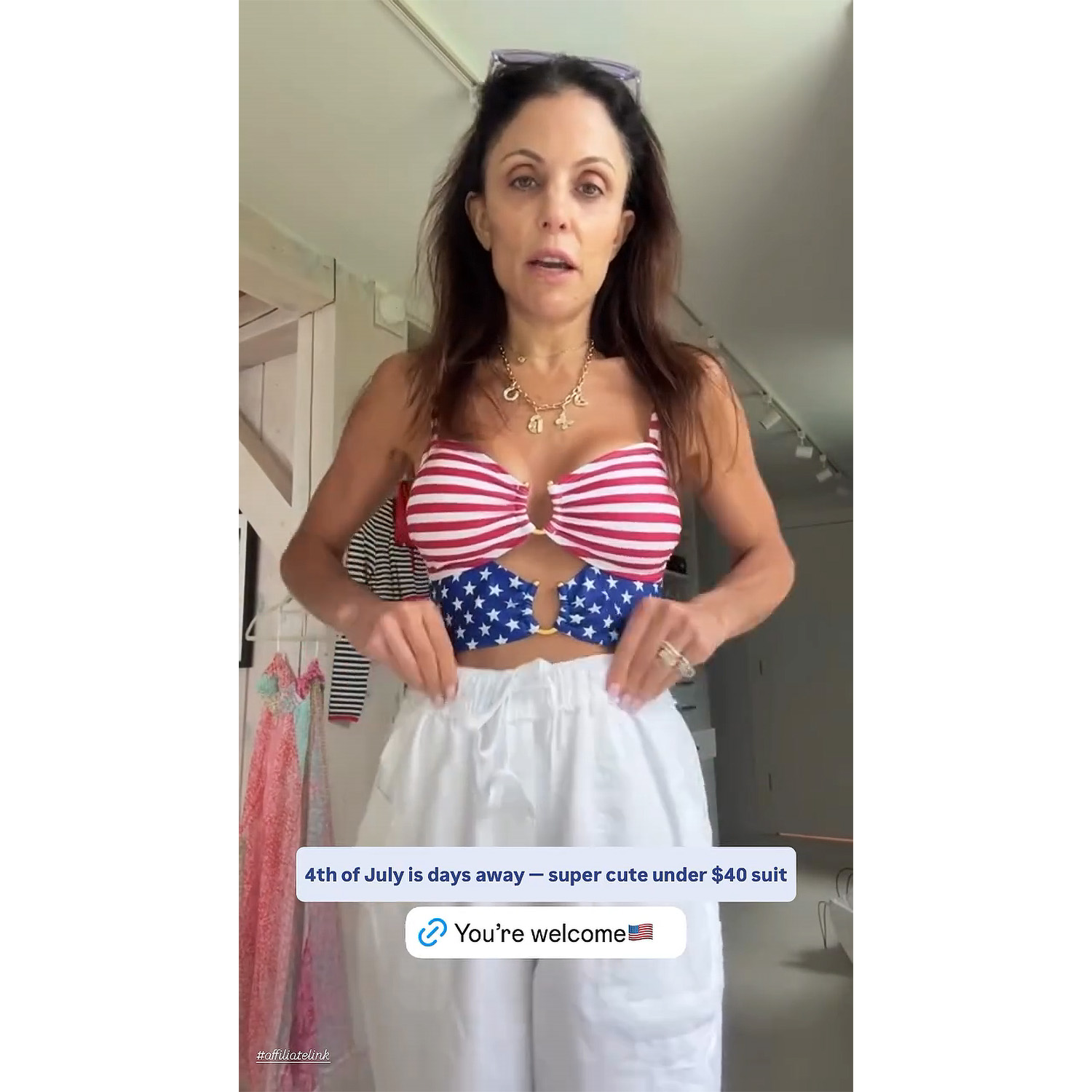Top UK YouTubers, including Amelia Dimoldenberg, Brandon B, and Max Klymenko, have joined forces to advocate for government support and formal recognition of digital creators as a legitimate profession. This initiative is part of a groundbreaking report from YouTube, which seeks to address the needs of over 10,000 UK digital creatives who participated in “The Creator Consultation.” The report, unveiled today, outlines recommendations for government recognition, industry representation, better access to finance, and improved filming infrastructure for creators.
In 2023, YouTube’s research revealed that its creator ecosystem contributed more than £2 billion ($2.8 billion) to the UK economy and supported over 45,000 jobs. Despite these impressive figures, the Google-owned platform argues that creators like Dimoldenberg, who have turned their online presence into full-time careers, are not yet taken seriously enough. Discussions with YouTube executives in the United States are expected later this month to further address these issues.
The Push for Recognition and Support
Amelia Dimoldenberg, known for her popular series “Chicken Shop Date” and her appearances on the Oscars red carpet, emphasized the importance of nurturing young creators. “Creators form such an important part of our economy, yet we could still do more to give clear pathways for young creators to develop the skills and resources needed to reach their full potential,” she stated. “We should support and nourish young, aspiring creators at the start of their journey.”
The report advocates for digital creators to be treated with the same respect and support as those in traditional media industries such as TV and film. More than half of the respondents (56%) expressed that they lack a voice in shaping government policies affecting their work, while nearly half (43%) feel undervalued by the broader creative industry.
Government Engagement and Industry Impact
In anticipation of the government’s creative industries sector plan published last week, YouTube executives, including UK and Ireland boss Alison Lomax and UK policy chief Alex Rawle, met with culture minister Chris Bryant to lay the groundwork for potential policy changes. The government has expressed a desire to “harness the potential of the growing creator economy,” noting that nearly 90% of watch time on UK YouTube channels comes from international audiences—a figure higher than many other countries.
The report’s demands include formal government acknowledgment of the creator ecosystem under a minister’s purview, representation on industry bodies and councils, and improved access to financial resources such as mortgages and loans. Many creators, despite earning high salaries, face challenges in securing mortgages due to the unconventional nature of their income.
Infrastructure and Financial Access
The report also highlights the need for better filming infrastructure, revealing that only 13% of respondents have access to studio spaces, and a mere 9% feel supported in securing filming locations and permits. “Drawing on the consultation’s findings, we are advocating for concrete policies—such as enhanced skills and training initiatives and improved access to finance—that will drive meaningful change for this crucial, often underserved industry,” said Lomax.
“These advancements will ensure the influence, innovation, and talent of the UK creator economy can play a valuable role in the future growth of our overall creative industries and as a powerful export around the world.”
Looking Ahead
The move to formally recognize digital creators represents a significant step in acknowledging the evolving landscape of the creative economy. As the government considers these recommendations, the potential for policy changes could pave the way for a more inclusive and supportive environment for digital creators. The success of this initiative could serve as a model for other countries to follow, further integrating digital creators into the fabric of the global creative economy.
As discussions progress, the digital creator community remains hopeful that their contributions will be recognized and that they will gain the support needed to continue driving innovation and economic growth.
About The Author
 Trump’s Tax Bill Impact, VA Morale Crisis, and Polar Explorations
Trump’s Tax Bill Impact, VA Morale Crisis, and Polar Explorations Milo Manheim Hopes to Break ‘Zombies’ Curse on ‘Dancing With the Stars’
Milo Manheim Hopes to Break ‘Zombies’ Curse on ‘Dancing With the Stars’ FX’s ‘The Bear’ Renewed for Season 5 Amid Global Acclaim
FX’s ‘The Bear’ Renewed for Season 5 Amid Global Acclaim Vicki Gunvalson Faces Jury Trial Amid Financial Elder Abuse Allegations
Vicki Gunvalson Faces Jury Trial Amid Financial Elder Abuse Allegations Bethenny Frankel’s Patriotic Swimwear Sparks July 4th Fashion Inspiration
Bethenny Frankel’s Patriotic Swimwear Sparks July 4th Fashion Inspiration